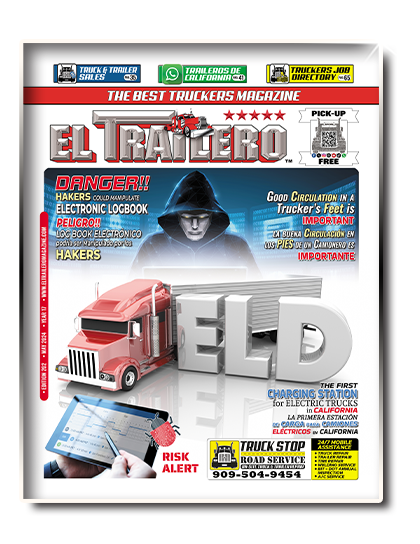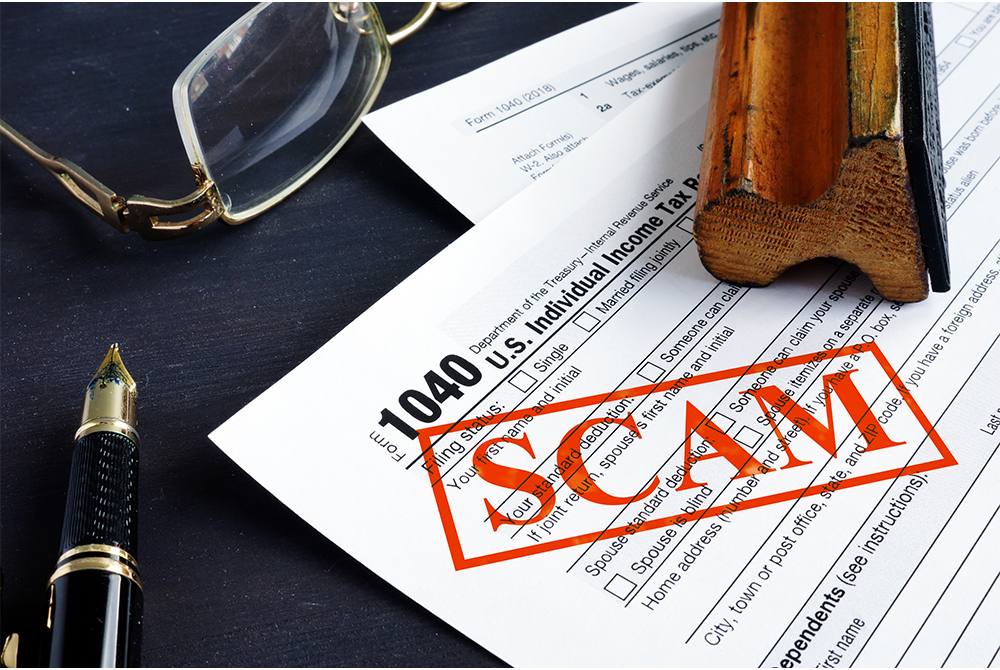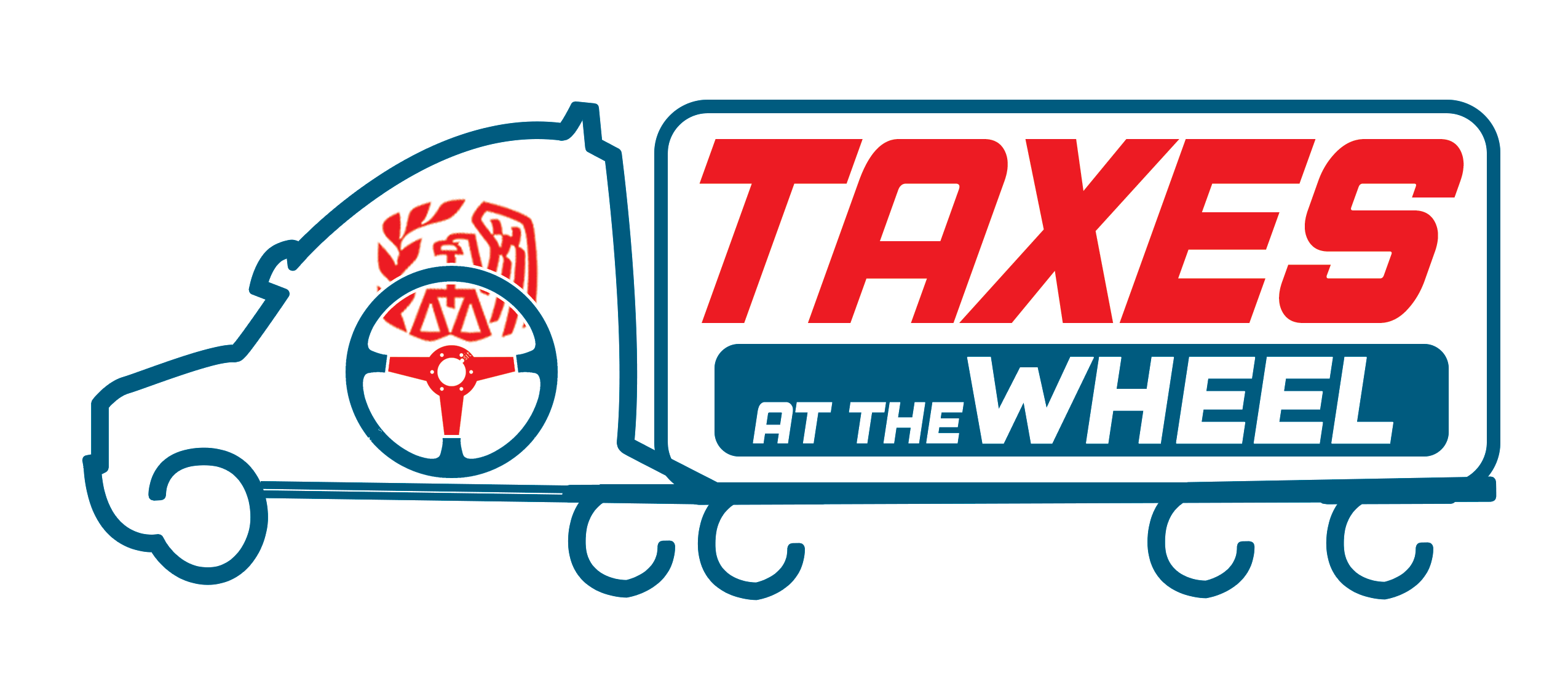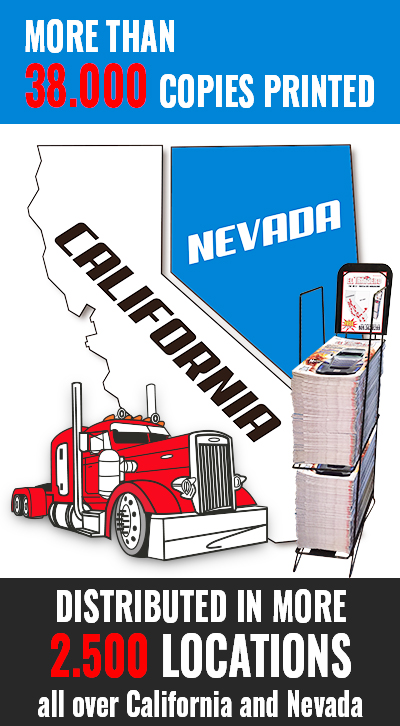 |
|
 |
Get our FREE |


The IRS has announced the top scams that taxpayers might fall victim to, indicating that there´s no sign of slowing down due to the ceaseless activity of criminals. Scammers relentlessly attempt to obtain confidential financial and personal information, often posing as IRS employees. Extreme precautions should be taken, as this is another year full of devious tricks.
Don´t Take the Bait: The IRS, in its commitment to safeguarding taxpayers, has started this year by issuing a warning to all taxpayers (and preparers, who are often targeted by the "new client" scam) about the influx of phishing emails and smishing texts. Identity thieves and scammers lure recipients into clicking links, providing personal and financial information, or downloading malware. These scams often peak during tax season but persist throughout the year. Refrain from clicking on any unfamiliar links, attachments, or unexpected messages claiming to be from the IRS.
ERC-BS: "Aggressive" promoters who deceive taxpayers with questionable Employee Retention Credit (ERC) claims were so active this year that the IRS included them in the Dirty Dozen and warned about the signs of a wrong ERC claim. Remember, this credit is meant to help businesses secure funds to boost their operations and recover from the pandemic.
Online Assistance: An IRS online account can provide convenient access to a person´s tax information. It´s no surprise that scammers also find this information useful for filing fraudulent returns in the victim´s name and stealing large refunds. Scammers might make it seem like opening an account is complicated and requires their help while they collect Social Security numbers, ITINs, and similar taxpayer information. Taxpayers can easily set up their own online accounts through IRS.gov.
Fuel Tax Credit: Many truckers inquire about and wish to claim this diesel credit. Promoters pushing inappropriate fuel tax credits are next on this year´s Dirty Dozen list. The credit is available only for off-road commercial and agricultural use and not for most taxpayers. However, low-quality tax preparers or promoters mislead taxpayers about fuel usage and create fictitious fuel documents or receipts in exchange for high fees. The IRS has its eye on this scam, with new identity theft filters and processing systems that block many suspicious fuel tax credit refund claims. Those who claim the credit improperly risk future civil and criminal penalties.
Road safety is a top priority for all truck drivers, and the truck´s suspension system plays a crucial role in thi...
read more...Genital rashes and sores are often associated with sexually transmitted diseases (STDs), but they can also result from o...
read more...A recent report by the American Transportation Research Institute (ATRI) revealed that the wait times for trucks loading...
read more...In the road transportation industry, driver safety and comfort are top priorities. To tackle the challenges of long work...
read more...

